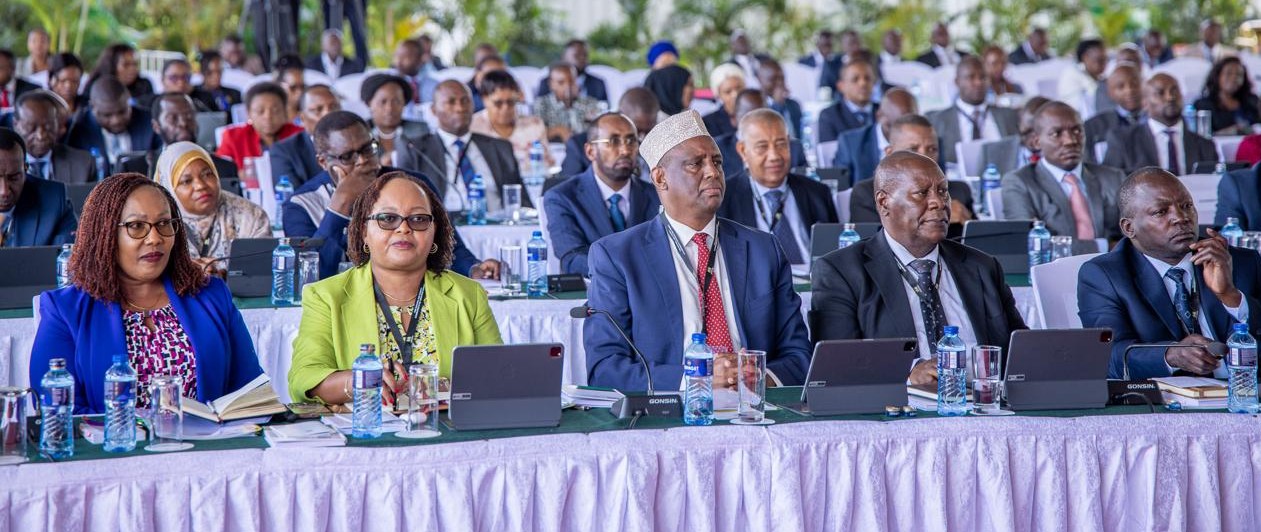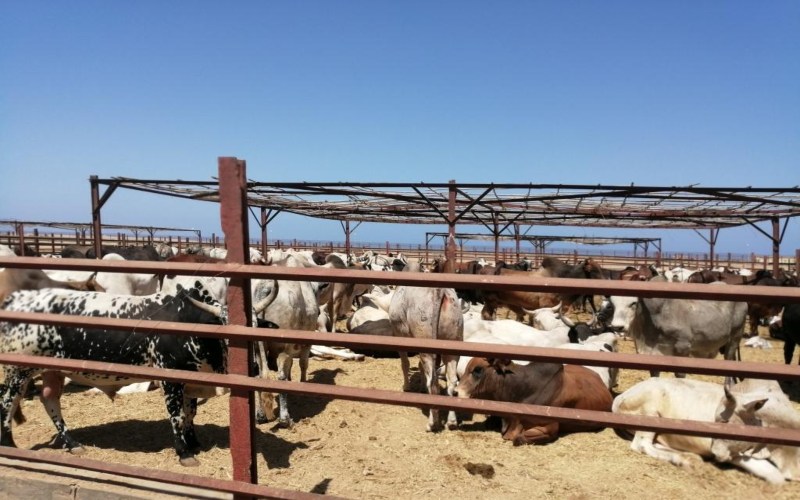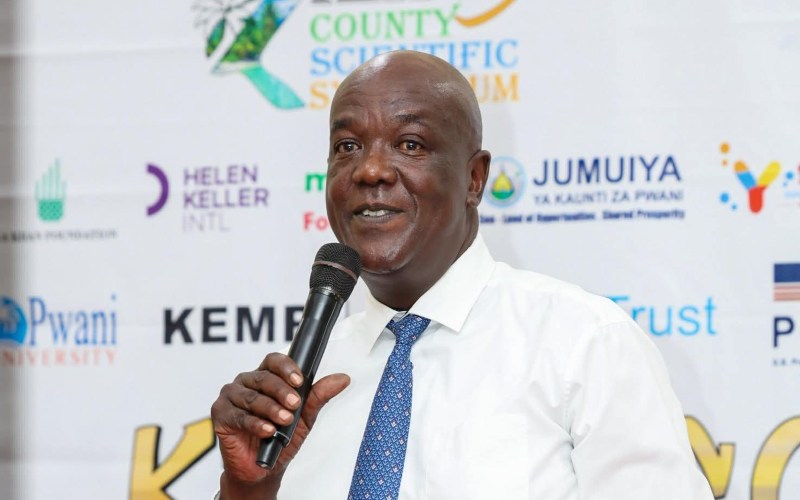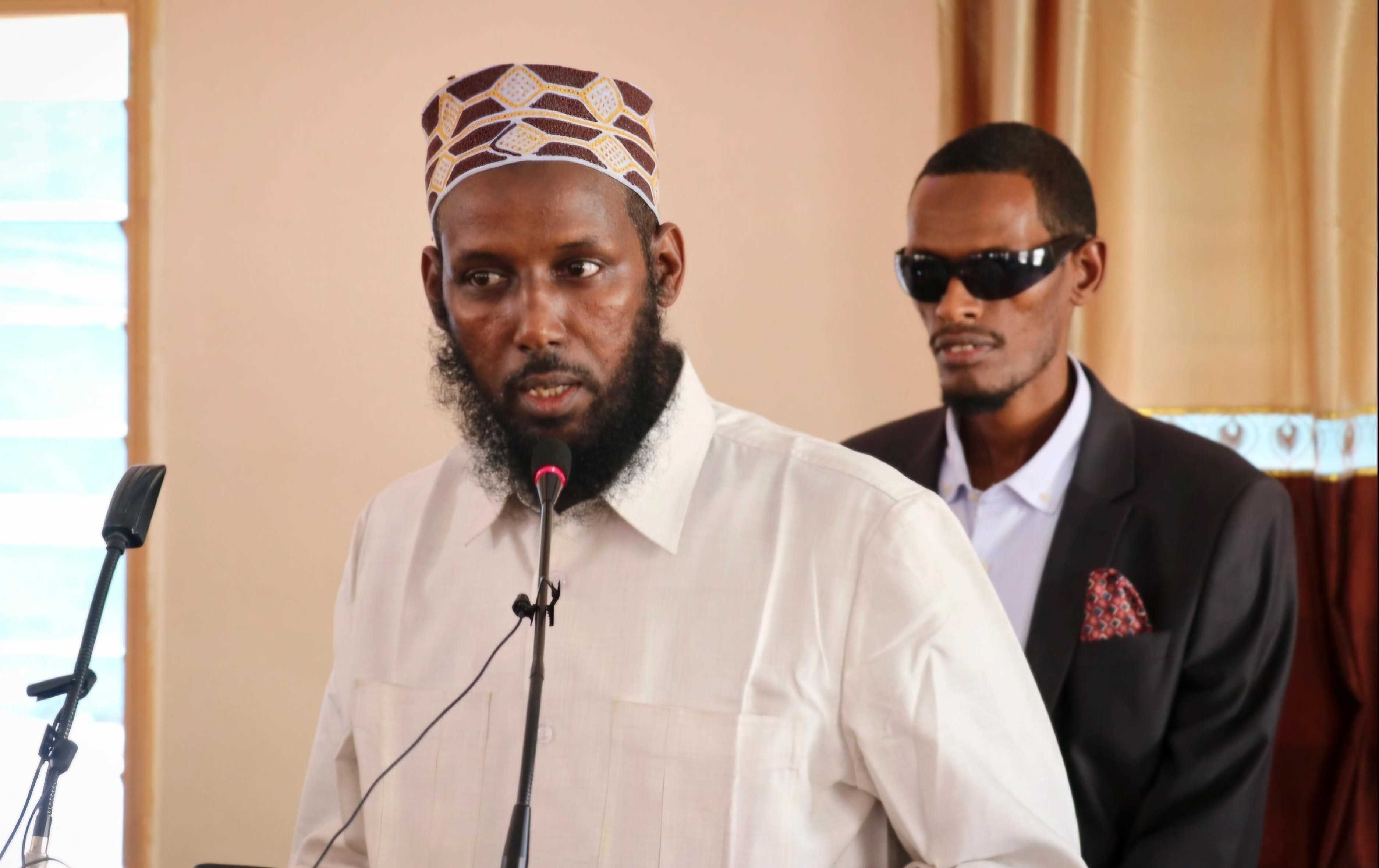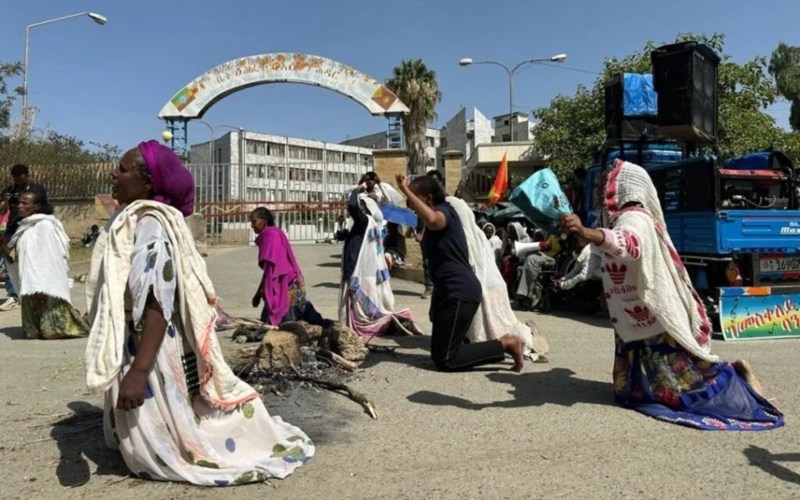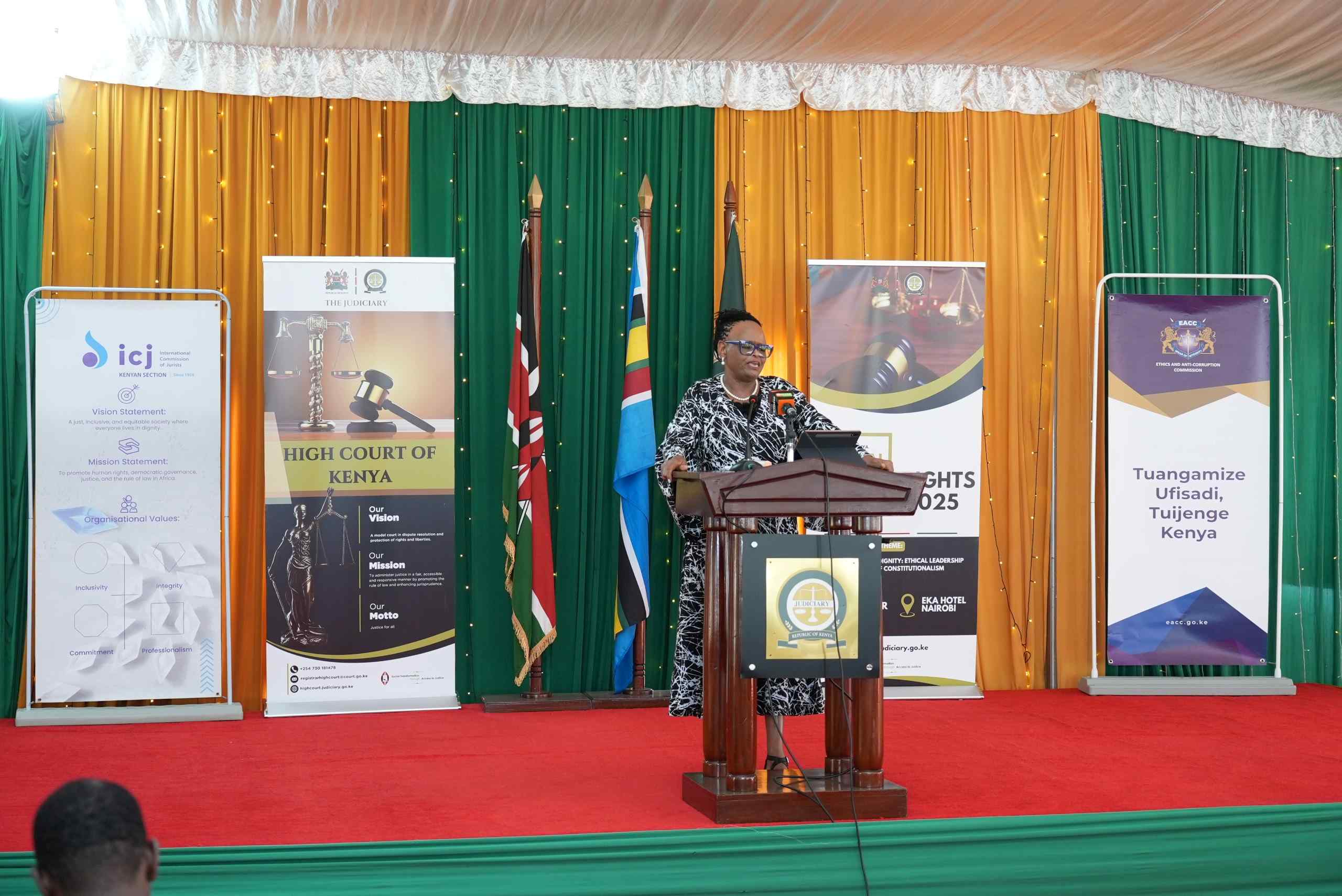South African President Ramaphosa speaks to Musk about misinformation after Trump aid threat
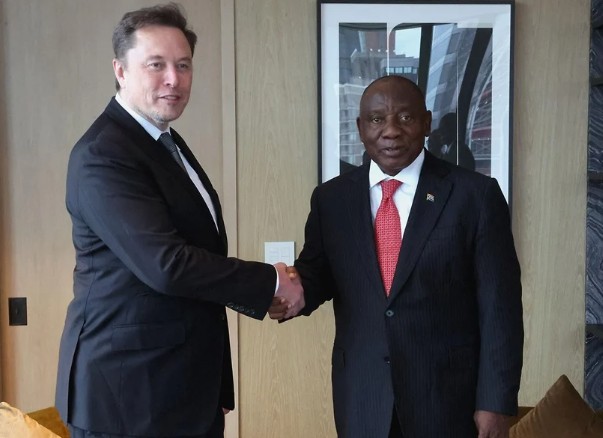
Following their conversation, the South African presidency released a statement reiterating the country’s commitment to the rule of law and equality.
South African President Cyril Ramaphosa engaged in a discussion with billionaire Elon Musk on Monday to address what the presidency described as "misinformation and distortions" surrounding South Africa’s land reform policy.
This comes after U.S. President Donald Trump vowed last Sunday to suspend aid to the country over claims of land seizures targeting certain groups.
More To Read
- BBC resignations over Trump scandal show the pressures on public broadcasters – and why they must resist them
- X to become first major social platform fully governed by AI as Grok takes over feed system
- UN chief calls for Israel and Hamas to ‘abide fully’ by terms of US peace plan
- Trump revives ‘America First’ agenda, declares end to policing Kenya, Somalia
- What chaos at the US CDC could mean for the rest of the world
- SpaceX’s Starship completes first successful test after previous launch failures
Trump's remarks, accusing South Africa of "confiscating land and badly treating certain classes of people," were met with strong rebuttals from Ramaphosa.
"The government has not confiscated any land," Ramaphosa said on Monday. "Our policy aims to ensure equitable public access to land, addressing long-standing historical injustices."
Land ownership has been a deeply divisive issue in South Africa, stemming from colonial-era policies and apartheid laws that dispossessed Black South Africans. The newly signed land expropriation law permits land seizures without compensation, but only under specific circumstances deemed "just and equitable and in the public interest."
These circumstances include instances where land is unused with no intention of development or when it poses a risk to people.
"The law is not about taking land arbitrarily; it is about justice," said Ramaphosa. "We remain committed to fairness, legality, and stability."
Musk, a South African-born billionaire and a key advisor to Trump, took to his social media platform, X, to claim that South Africa has "openly racist ownership laws" that victimise white people.
Following their conversation, the South African presidency released a statement reiterating the country’s commitment to the rule of law and equality.
"President Ramaphosa emphasised South Africa's constitutionally embedded values of justice, fairness, and equality," the statement read without providing further details about the discussion.
South Africa’s land ownership disparities date back to the 1913 Natives Land Act, which placed the majority of land under white control, setting the stage for decades of forced removals.
Despite the significant turning point marked by the fall of apartheid in 1994, the pace of land reform has been slow. Until now, the government relied on a "willing seller, willing buyer" model, which critics argue hindered meaningful progress.
A 2017 government report found that 72% of privately owned farmland remained in white hands, despite white people making up just 7.3% of the population, according to the 2022 census. The ANC-led government has defended the new law as a necessary step toward rectifying these imbalances.
Top Stories Today





